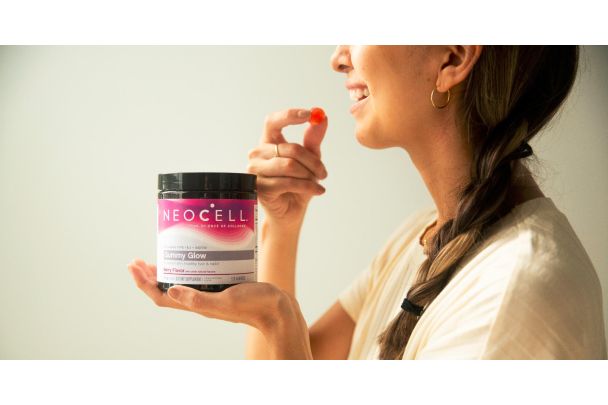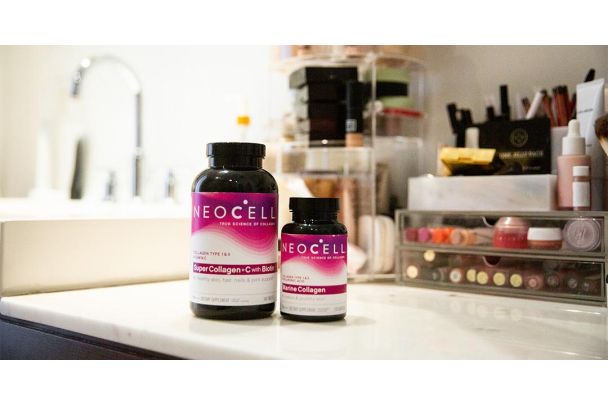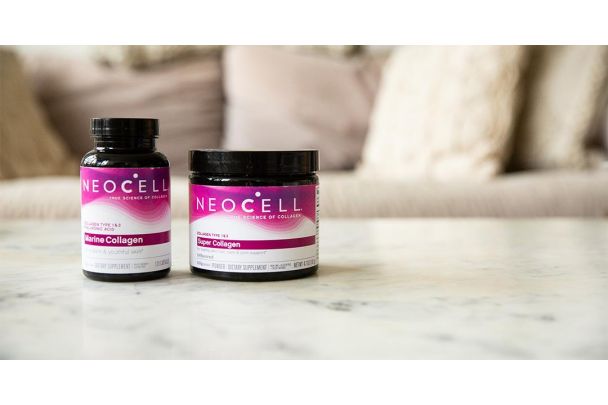Good nutrition is one of the simplest paths to a healthier body. However, even when we have the best intentions, many of us fall short when it comes to getting all of the vitamins, minerals, and other nutrients we need from our daily diet.
The truth is, Americans today are busier than ever, so much so that we barely have time to cook a healthy meal, much less sit down and enjoy it, which is why nutritional supplements have become so important.
Supplements can help fill in the gaps where your everyday diet falls short, and in doing so they provide the additional support your body needs for overall wellness.
Nowadays, one of the most popular supplements is collagen.
What is collagen?
Collagen is the most abundant protein in the human body and the main component of connective tissue. Found throughout the body in places like our hair, skin, nails, bones, and muscles, collagen provides needed structural support.
As part of the normal aging process, collagen production slows down. Changes in collagen contribute to changes such as loss of skin elasticity. For this reason, getting additional collagen from dietary supplements may provide added support as we get older.
(No doubt you’ve heard of people taking collagen for healthier hair, skin, nails, and joints.)
In supplement form, collagen will be labeled hydrolyzed collagen, collagen peptides, or collagen hydrolysate. These terms are interchangeable and refer to the process by which collagen is broken down into smaller amino acid chains that are more readily absorbed by the body.
Okay, but where does collagen come from?
The human body produces collagen in its cells (mainly in the connective tissue cells), but it is also found in the skin, bones, and connective tissue of animals, especially mammals; this is where the collagen for dietary supplements is sourced. In addition, collagen may be sourced from marine sources.
At present, there is no plant-based collagen.
There are nutrients in some foods and dietary supplements that are required for the production of your body’s collagen, such as vitamin C. This is why you may see vegetarian or vegan supplements with ingredients that provide support for natural collagen production, but they do not contain actual collagen.
Why take a collagen supplement? Can’t I just load up on bone broth?
Yes, foods like bone broth, beef, chicken, eggs, and fish contain collagen. The amount of collagen is not always consistent and the amount per serving is often lower than that shown in studies to provide benefit.
Thus, it makes sense to get additional collagen from dietary supplements.
Taking a readily absorbable hydrolyzed collagen supplement like those formulated by one of the leading collagen brands NeoCell is a great way to promote healthy collagen synthesis and support the healthy synthesis of the proteins in our hair and nails.



